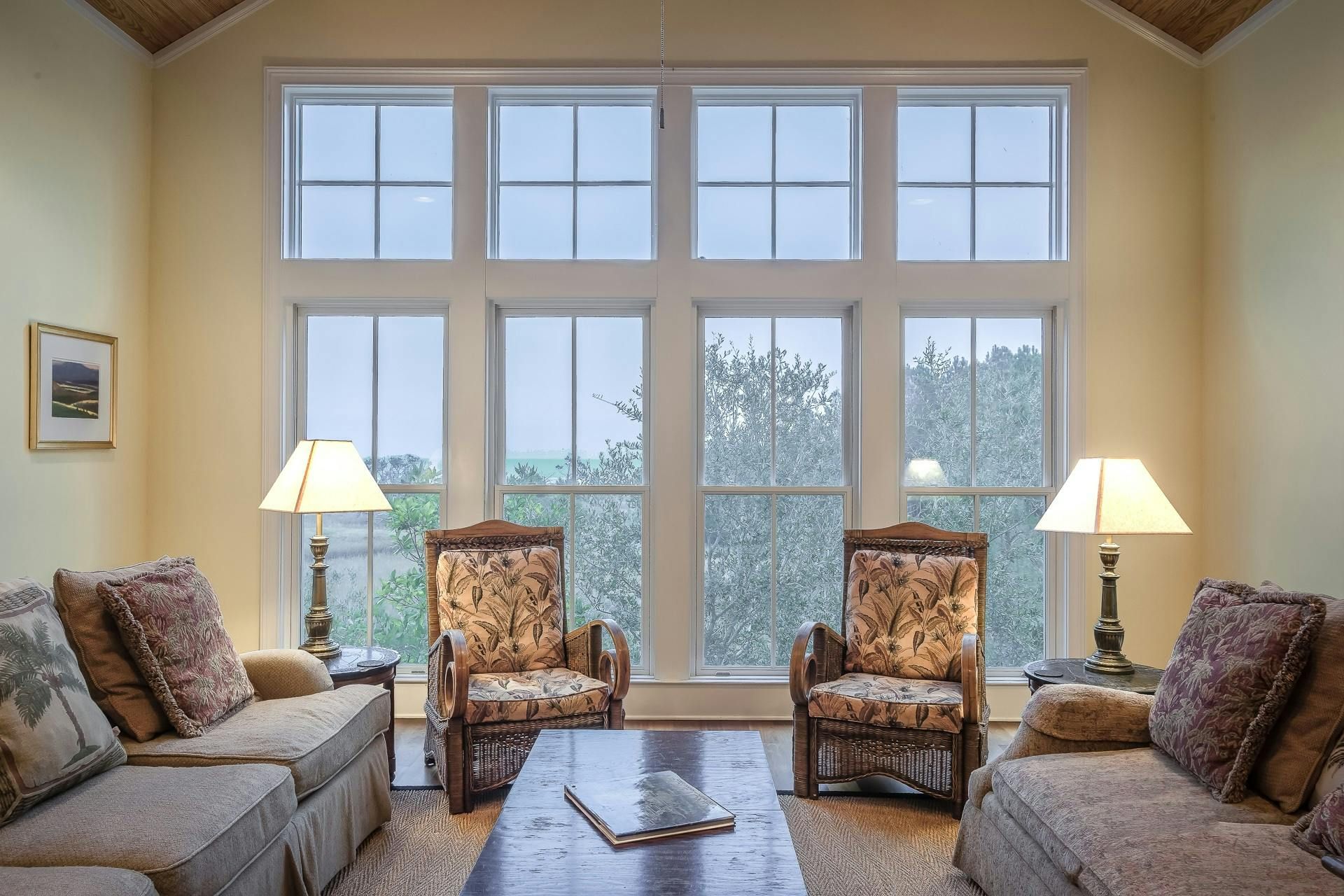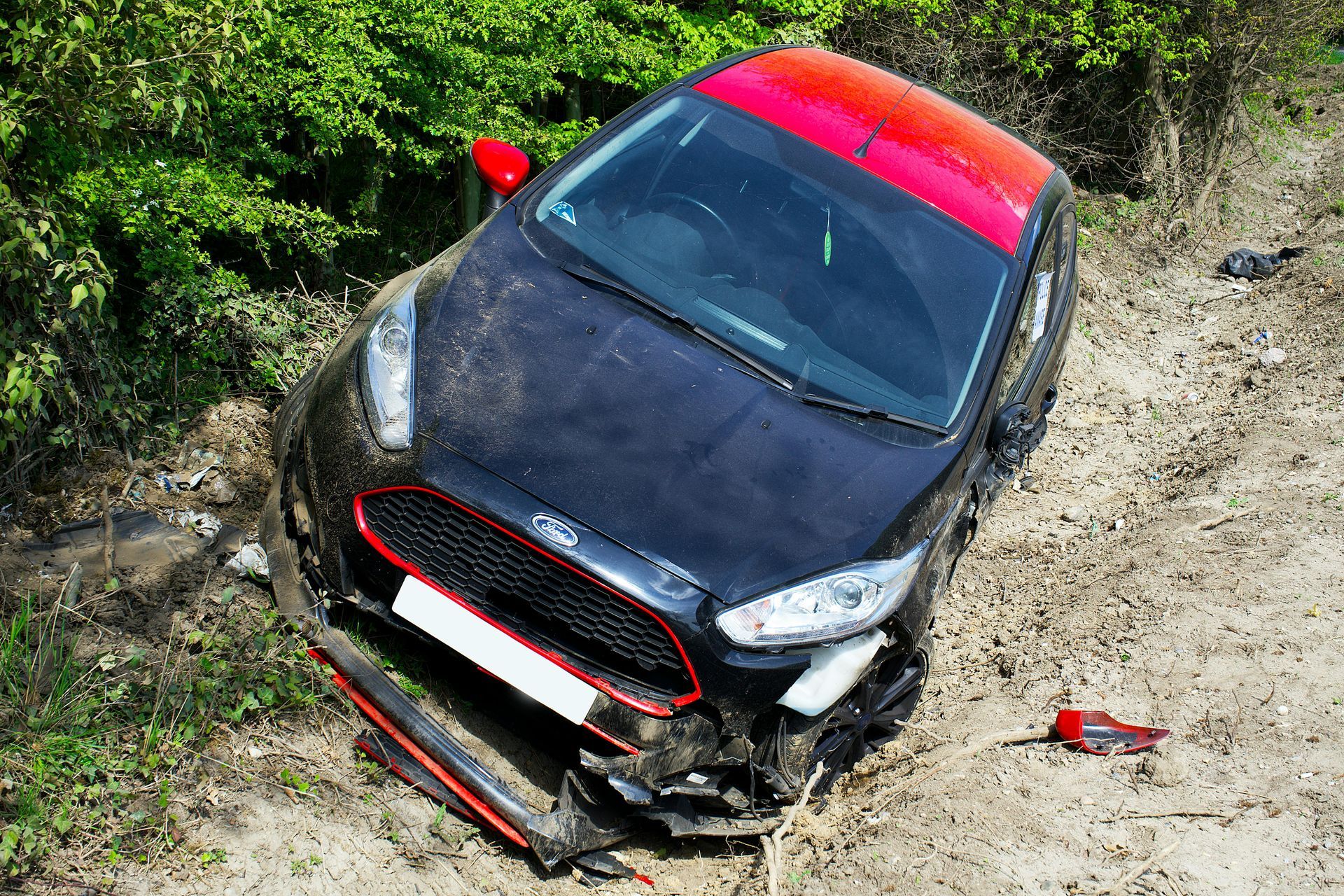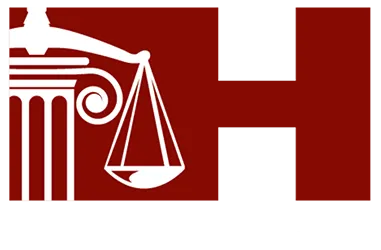What does landlord liability mean in Georgia?
It may come as a surprise to some, especially to those with bad landlords. But, in our state, your landlord has a duty to maintain your rental unit in a safe and habitable condition.
What does this mean? Essentially, it means they must repair your property when defects or hazards could affect your health or safety. This includes items like leaks, mold, faulty wiring, etc. And, when they fail to maintain your rental unit in a safe and habitable condition, you can hold them accountable through landlord liability.
The duty to repair
Your landlord must follow your local building and housing codes that affect tenant health and safety, in addition to maintaining your unit’s habitable condition. The duty to maintain this is their duty to repair. This duty extends from the beginning to the end of the lease, but it can be modified by the lease.
What to do if you see issues
If you see health and safety issues in your property, notify your landlord of the defects or hazards immediately. Make sure you do it in writing (keep a copy), and specifically request that the health and safety issue be fixed in a reasonable time.
What if they do not fix the issues?
If your landlord fails to make the repairs within a reasonable time, there are consequences. You can withhold rent until repairs are made or repair and deduct. The damages could even be the basis for a lawsuit, an injunction or terminating your lease. Follow the law, though, and make sure you can do something before you do it.
Injuries to other parties
The failure to repair and maintain could cause injuries to not just tenants though. It could be third parties, like guests, family members, neighbors, etc. If these third parties are injured as a result of your landlord’s negligence, landlord liability applies too.
For example, if they do not fix a leaking pip, which causes a wet floor, and then, your neighbor slips and a falls on that wet floor, landlord liability could apply. If a landlord allowed another tenant to have a dangerous dog that bites you, then landlord liability may apply there too.










